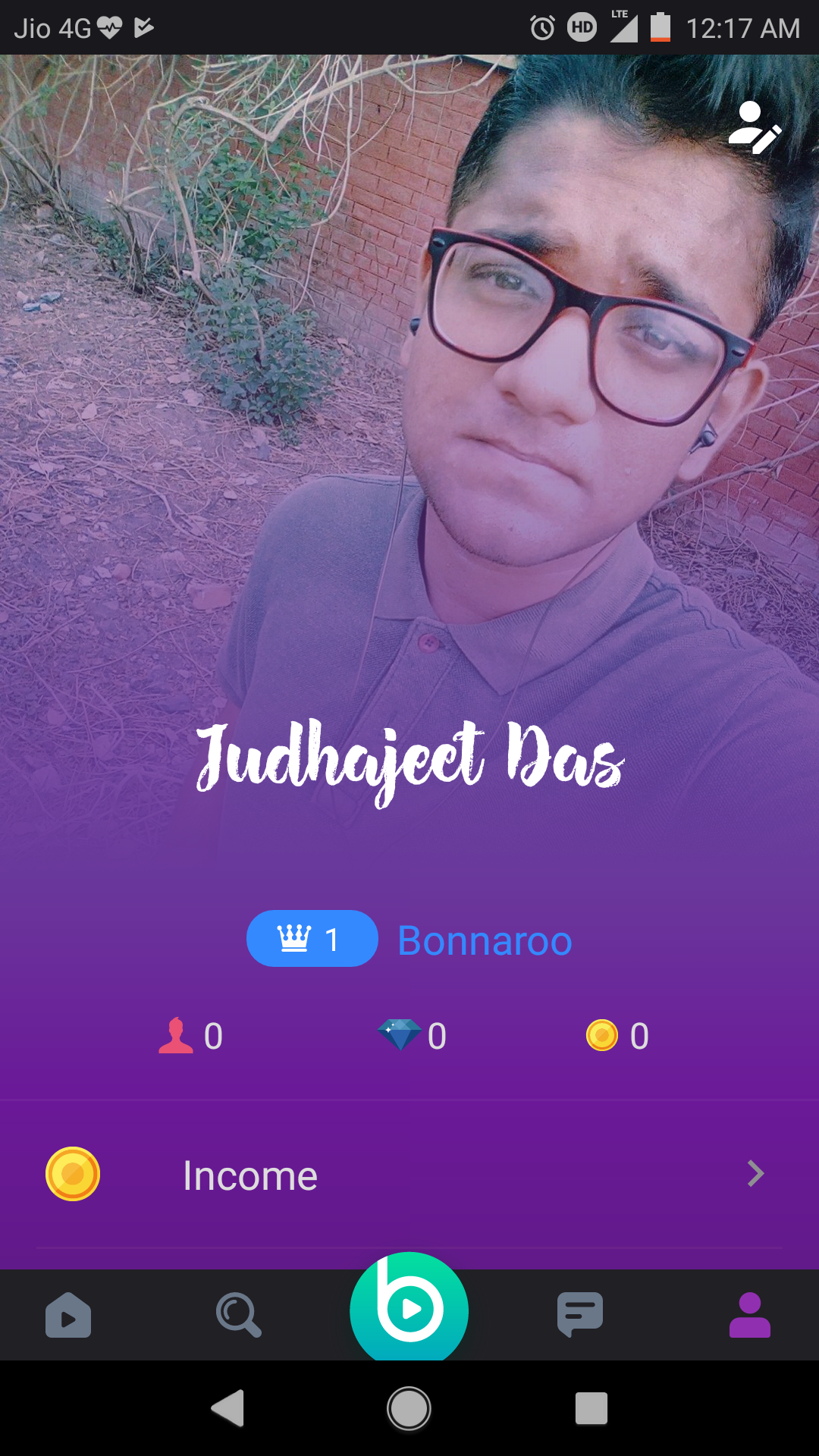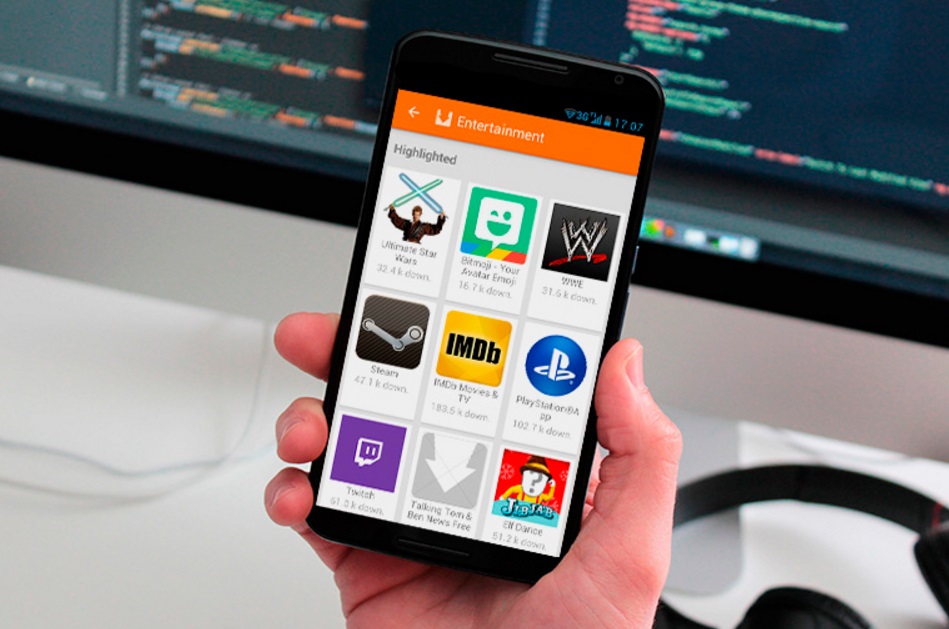
In today’s time, almost everyone who’s connected on Social Media are going live once in a while. Due to the rapid growth of “Self Broadcasting” likings, the going live thing is booming and we surely need perfect platforms to actually get the most out of the Broadcasting power on our Smartphones. Here’s where a very cool app called BonkLive comes handy!
So, What is BonkLive actually? Its one of the newest social media platforms which can be utilized to broadcast yourself and earn money by playing the commercials in between your broadcast. You can even connect to different people and watch them live through this app. You can go live, connect with your favorite stars and earn rewards and cash. The appeal of live video streaming is clear, some people get famous, and others thrive on the immediate connection and feedback. With this app, you can broadcast yourself and meet new people with similar interests worldwide.
So talking about how this unique broadcasting app works? So the primary method of advertising on BonkLive is by placing your logo in the 20-minute advertising carousel to be featured during a user’s live broadcast. The cost for a 10-minute logo placement is $60. By Clicking on this logo, a user can view your special offer or promotion. The advertiser usually pays nearly $0.25 per logo click and the broadcaster gets paid for every click as well. The secondary method of advertising on BonkLive™ is by having the broadcaster either run your 30/60 second commercial or by reading your advertisement live on stream. The broadcaster will create a call-to-action to their audience to purchase your product or service. So in short, Each influencer can earn thru advertising their logo on your screen while a qualified broadcaster can earn more thru commercials such as advertising reads and videos. Broadcasters can even receive virtual gifts, which can be redeemed for cash.
Bonk makes it possible for any small business to build a strong advertising program that will result in word-of-mouth advertising and offers that can be seen, purchased used, and accepted in real time. Bonk will Satisfy the streamers and the viewers who will tell everyone how they had fun and received wonderful offers while simply streaming online.
What I like about BonkLive is the concept of gifts like Teddy bears and magic wands is used in BonkLive which can help I grabbing broadcaster’s attentions, and these gifts can be exchanged for real money. Also, for all those that spend massive hours on social media just for fun and meeting people, this is an opportunity for you to make it worth your while. This app is compatible with all android devices so you can be sure that at least one of your gadget can run the app effectively! So whats the wait? Go Download it! FAST!




